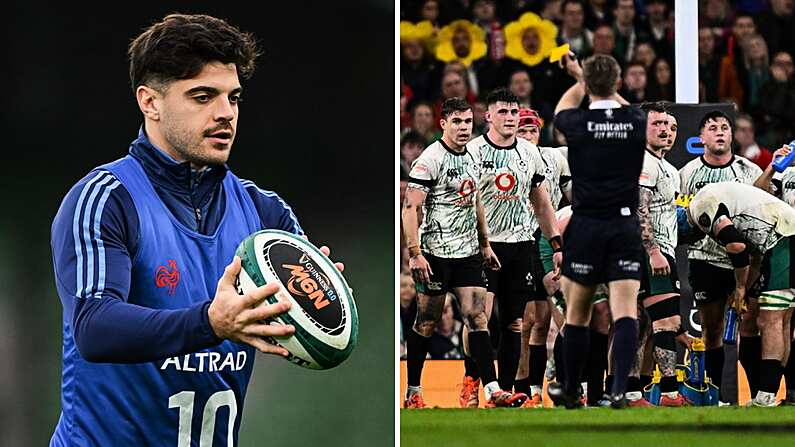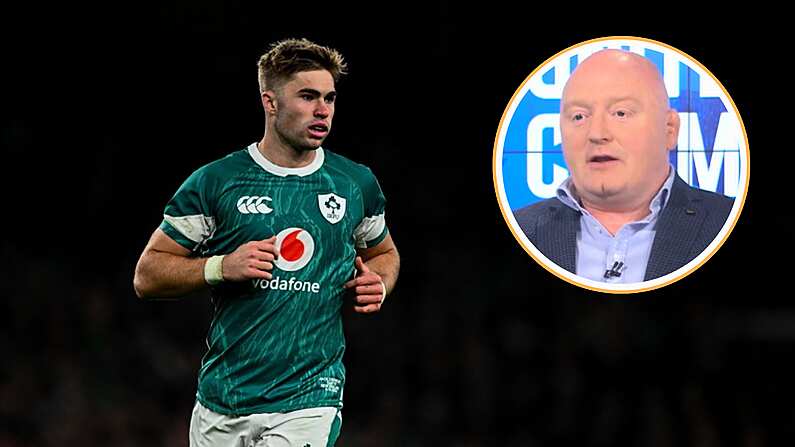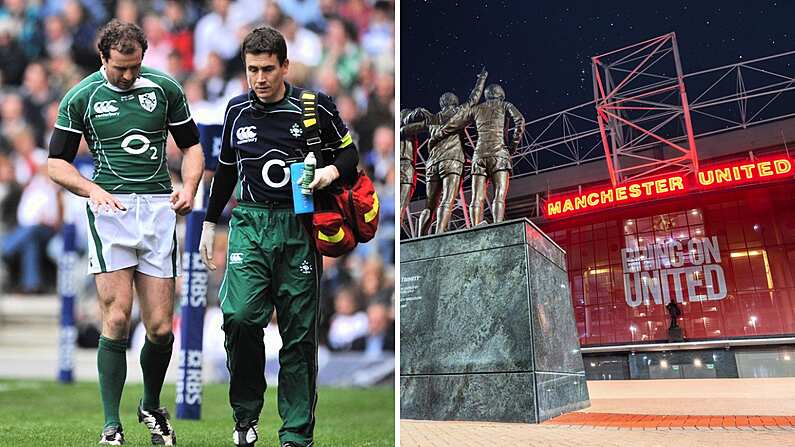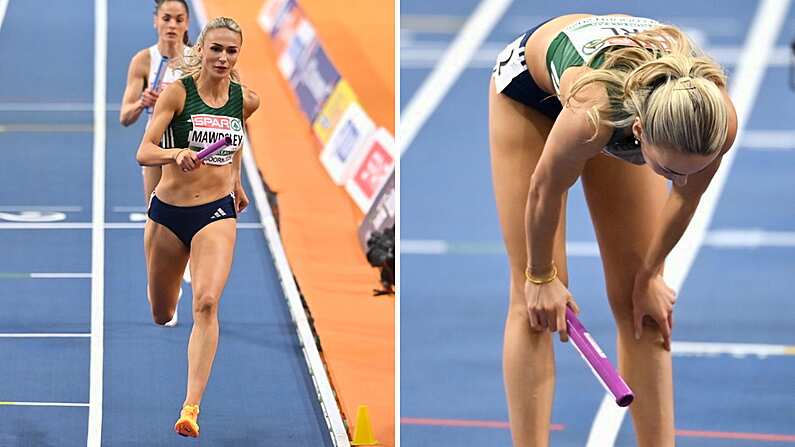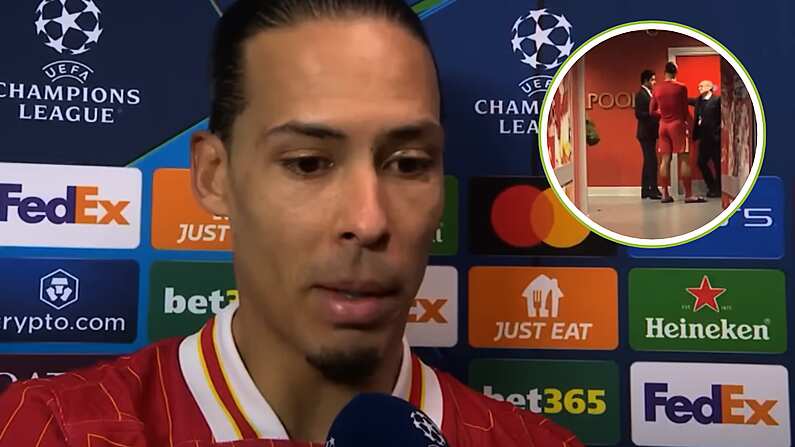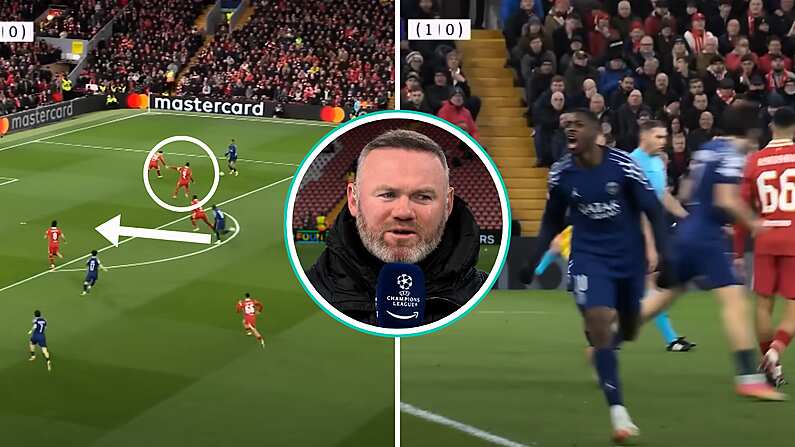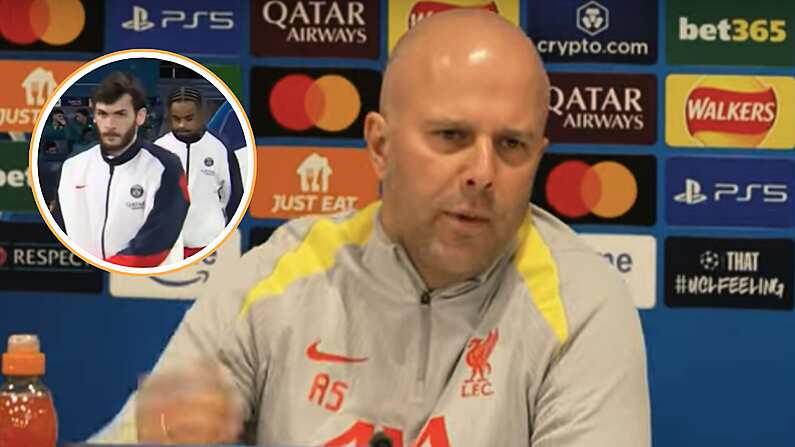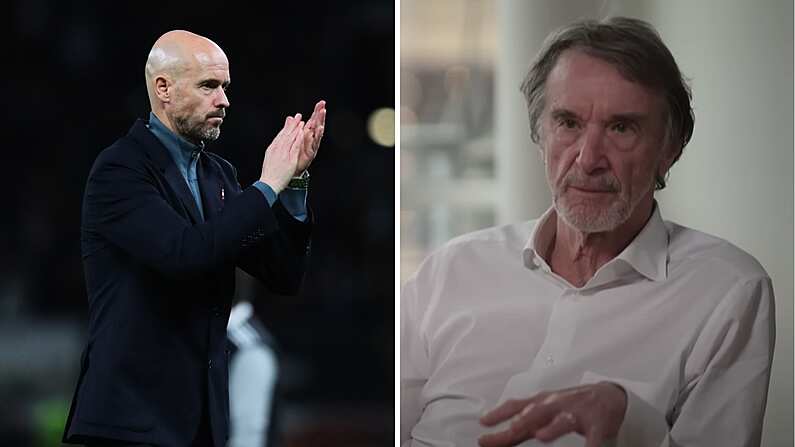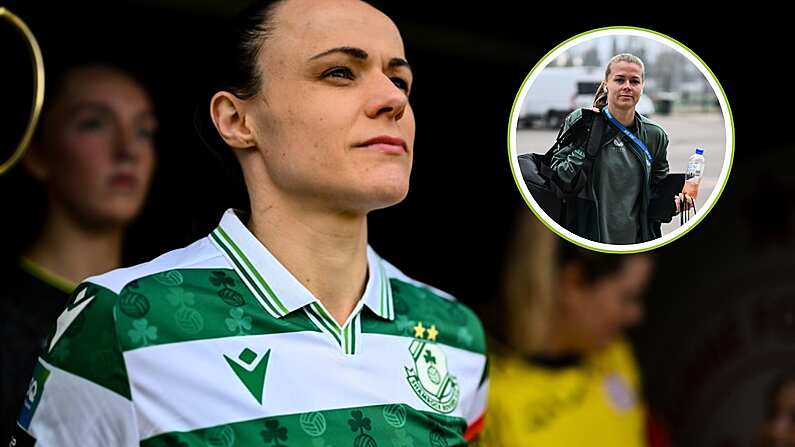The post-mortem on Jose Mourinho's turbulent spell at Manchester United continues, with fans, pundits and seemingly the entire footballing world sharing their thoughts on what went wrong for the once Special One at Old Trafford.
Attention has quickly turned to who will replace Mourinho in the United hot-seat, now that the club have announced their intention to install an interim manager until the end of the season, with a view to reassessing their long term plan in the summer. While some Manchester United fans are rejoicing at the prospect that Mourinho's exit will bring an end to the toxic soap opera that the club has found itself in this season, many are still concerned about the direction of the club under the Glaziers and Ed Woodward as they search for a new manager.
The divisive nature of Mourinho's implosion this season leaves a number of unanswered questions regarding the true potential of this United squad. There is an emerging pattern in the last several years of his career that reads; 'show-up, win trophies, pick fights, lose the dressing room, leave the club in turmoil.' So if this Mourinho cycle is nothing we haven't seen before, then what does recent history tell us about clubs faced with the task of re-building after Jose.
Chelsea 2015/2016
While Manchester United's decline has been glaring this season, it has not been as sudden or as dramatic as Mourinho's final season during his second spell at Chelsea. The last time he won a league title in 2015, he was sacked in December the following season with the defending champions having slumped to 16th place, with nine defeats in their opening 16 games. Guus Hiddink was parachuted in for his second emergency spell at Chelsea and managed to steer the club towards a tenth place finish, with only three league defeats in the remainder of the season.
They ended the season trophy-less having exited the Champions League in the last 16 against PSG, potentially a worrying omen for any superstitious United fans. More encouragingly, it is worth remembering that in the aftermath of Mourinho's exit, the likes of Eden Hazard, Diego Costa and Cesc Fabregas were branded as 'rats' by the Chelsea support for their perceived lack of effort as Mourinho's time was coming to an end. The following season under Antonio Conte, the 'rats' became champions again. Not for the first time, Chelsea proved that the club is adaptable to changes of manager while maintaining success.
Verdict: Good riddance Jose.
Real Madrid 2012 / 2013
When looking at the trajectory of Jose Mourinho's managerial career, many point to his time at Real Madrid as the point when things began to change. His seemingly relentless streak of managerial success finally hit something of a wall in his final season at Madrid, having failed to win 'La Decima' and largely been out-shined by Pep Guardiola's Barcelona.
Mourinho's third and final season featured the familiar themes of losing the dressing room (most notably the likes of Cristiano Ronaldo and Sergio Ramos), conflict with the media, division between fans, and a slide in performances on the field, though not to the same extent as his next two jobs in management. This time it was 'mutual consent' that facilitated his departure in the summer, a year before Madrid claimed their record tenth European Cup triumph, the first of four in the following five seasons under Carlo Ancelotti and later Zinedine Zidane.
Verdict: Good riddance Jose.
Inter Milan 2010 / 2011
The peak of Jose Mourinho's career was arguably his Champions League triumph with Inter Milan in the Bernabéu, the stadium where he pitched up on a permanent basis just a few days later. The memorable scenes of an emotional Mourinho hugging Marco Materazzi shortly after collecting the trophy, with both men crying in the knowledge that their time together was coming to an end, are particularly striking with the hindsight of the destruction that Jose has left in his wake while exiting each club he has managed since.
Inter's treble that season marked the last time they won the Scudetto, and the club's fortunes began to slide the moment Mourinho left for Madrid. His replacement Rafa Benitez was sacked before Christmas and the club finished in second place in Serie A behind their cross-city rivals AC Milan.
Verdict: Jose please come back.
Chelsea 2007 / 2008
Mourinho's first Chelsea departure wasn't quite as explosive as his second. Here he was gone by 'mutual consent' before the end of September having fallen out with Roman Abramovich and the Chelsea board, while still holding favor with the Chelsea support and key figures in the dressing room. The romance of his first two years at Stamford Bridge had worn off after an unsuccessful third season. Yet in this instance, perhaps more than in later years, he left behind a strong spine of a team who went on to reach the Champions League final that season, narrowly missing out on the trophy after a penalty shootout in Moscow.
In 2018, the idea that Avram Grant was a John Terry penalty away from winning the Champions League seems like a strange dream all those years ago. Mourinho's legacy in this case was solid enough for the club to compete at the top level for a number of years to come, although they would only win one Premier League title without him until he returned six years later.
Verdict: Jose please come back, for a little while, but then feck off again before it falls apart.
What's next..?
The financial clout that Manchester United now hold suggests that despite the disarray they find themselves in, they are potentially one good managerial appointment and a few good signings away from competing for the top honors once again. But getting that appointment right is easier said than done given the current options available and the apparent lack of football expertise that has been demonstrated at board level in the post-Ferguson era. But there is a consistent theme in the more recent years of Mourinho departures that players tend to improve in his absence, and given the attacking talent in the current United squad, a new expansive approach should benefit the likes of Pogba, Rashford, Martial, and whoever they sign in the upcoming transfer windows.
SEE ALSO: Watch: Kevin De Bruyne Marks Comeback With Cracking Goal


